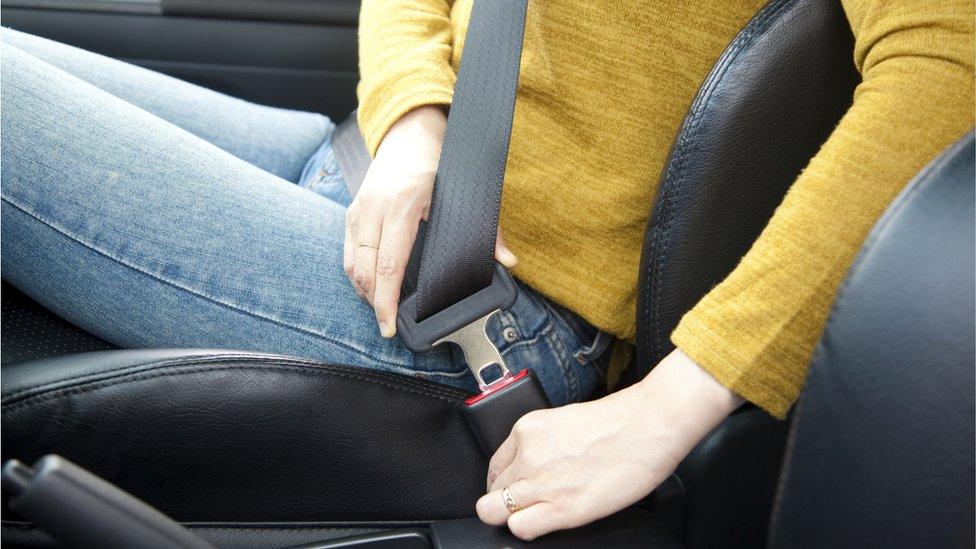Police in seat belt plea after hundreds fail to buckle up
- Published
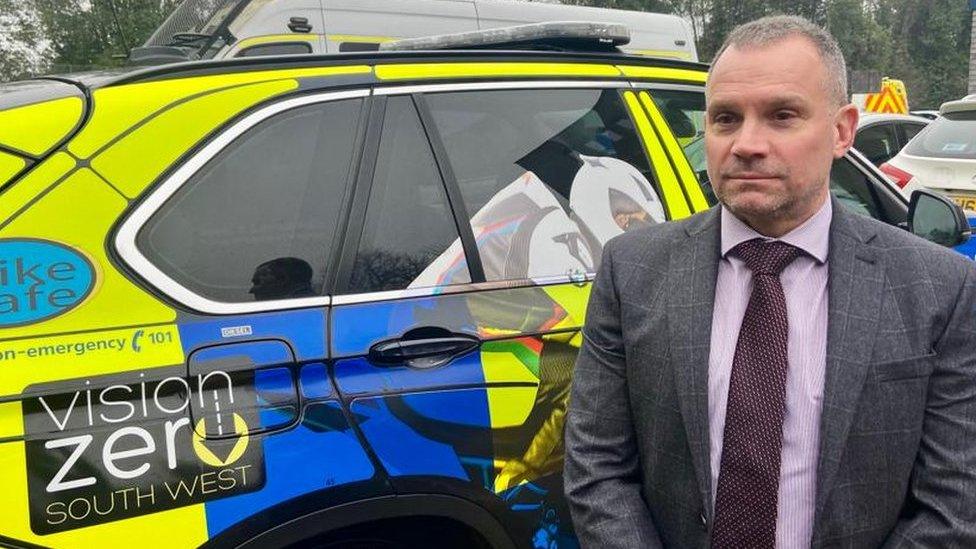
Devon and Cornwall Police road safety head Adrian Leisk says too many drivers are not wearing seat belts
Police have said they are "really worried" about the number of people refusing to wear a seat belt on roads in Devon and Cornwall.
More than 600 motorists were recorded not wearing a belt as part of an eight-week trial of an AI [artificial intelligence] camera system.
The warning comes on the 40th anniversary of the law requiring drivers and passengers to wear belts.
Police said failure to wear a belt was a factor in a third of fatal crashes.
As part of the trial run by road safety coalition Vision Zero South West, a total of 619 people were detected not wearing a belt by the Aecom camera system between September and November last year.
The data showed 45 drivers were recorded using their mobile phone over the same period.
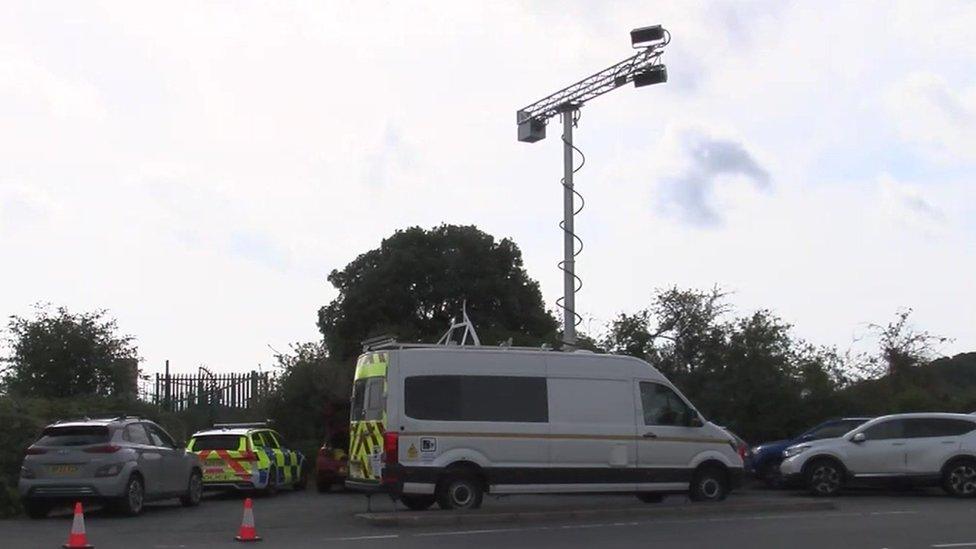
The Vision Zero South West trial was run over two weeks
Adrian Leisk, head of road safety at Devon and Cornwall Police, said officers were initially expecting mobile phone offences to be the main problem.
"We were really quite saddened and disappointed with the level of non-compliance with seat belt use, which indicates to me a much greater problem," he said.
"It's really worrying."
Mr Leisk said some drivers also deliberately silenced seat belt alarms by clipping belts in and sitting on them, or purchasing fake clips.
He added: "We have seen that with commercial vehicles and they were a real worrying trend for us."
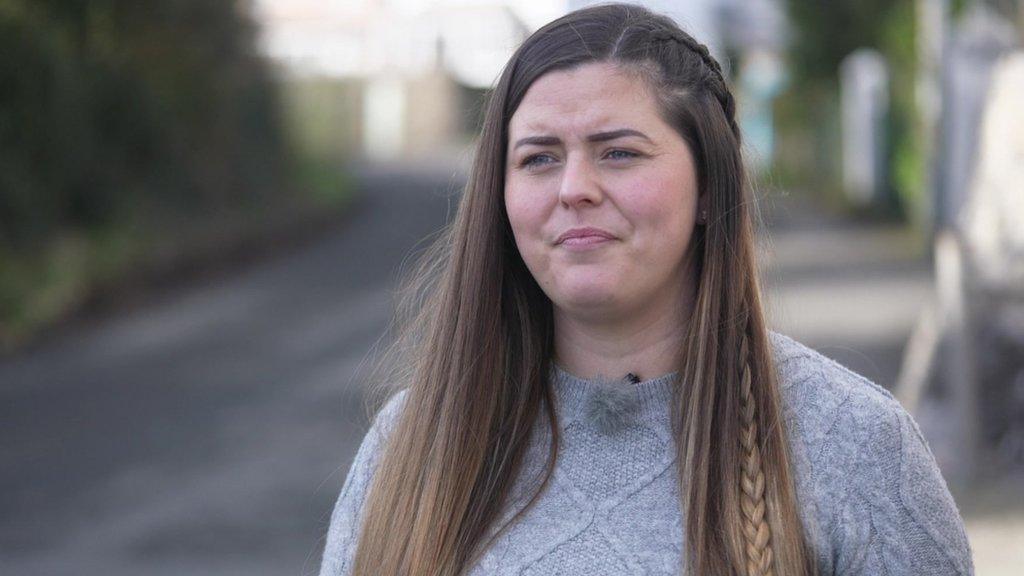
Leah Beach said "anything could have happened" if she had been in a crash without a seat belt
Leah Beach, who was in a crash on the A38 in Cornwall between Liskeard and Trerulefoot in 2018, said wearing a belt saved her life.
After the power steering failed, the then-23-year-old's car left the road, hit the kerb and rolled three times before hitting a tree. She escaped with only minor injuries.
"If I wasn't wearing my seat belt, anything could have happened. I could have been dead," she said.
"I can understand people think it's two seconds up the road. [But] in those two seconds, a car can come out of nowhere and hit you - that seat belt is there to help protect your life."
Mr Leisk said the camera trial would inform future enforcement methods.

Follow BBC News South West on Twitter, external, Facebook, external and Instagram, external. Send your story ideas to spotlight@bbc.co.uk, external.
Related topics
- Published21 January 2023
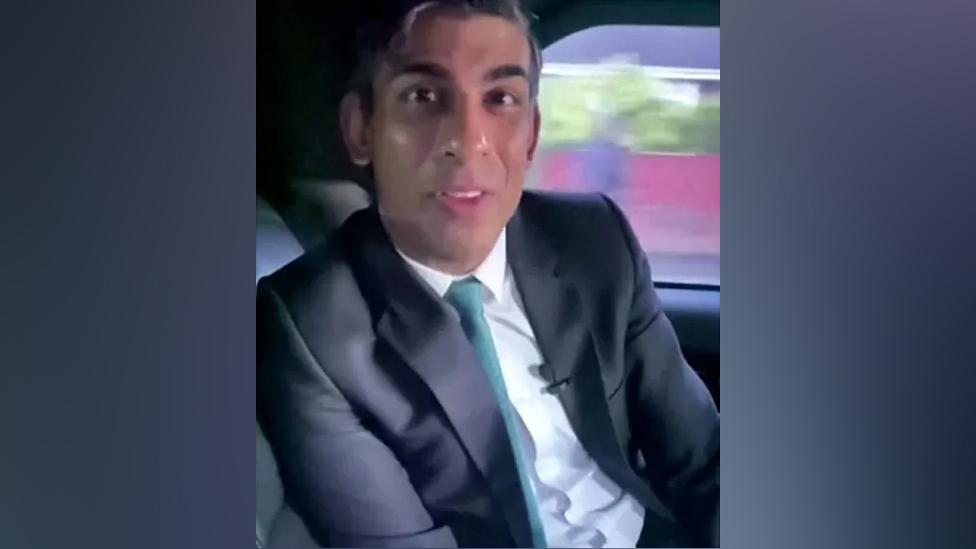
- Published19 July 2019
